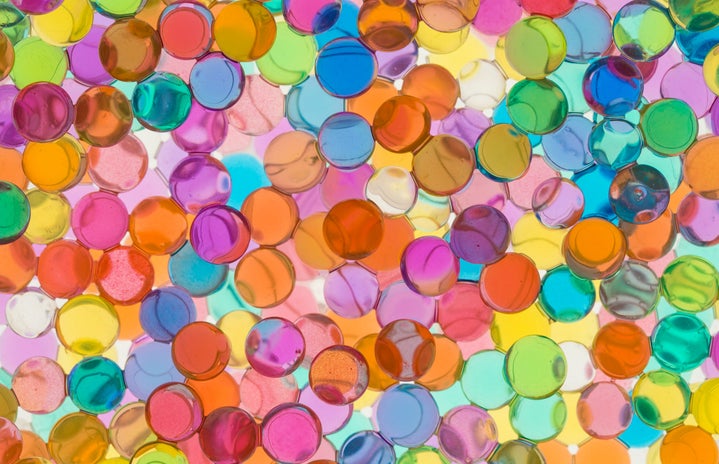Seasons change and that is a beautiful part of nature. We are blessed with a wonderful world that flows through ever-changing colors, temperatures, and climates. What many people forget, though, is that these fluctuations affect our bodies as well. While various folks find magic in the first snowfall or anxiously await the first sign of the spring, others are emotionally dragged along by the seasonal frequencies. Seasonal affective disorder (commonly referred to as seasonal depression) is very real. I myself am affected by this disorder and find it hard to keep my emotional and physical strength even through the four seasons.
Living in an area that changes seasons is substantially difficult for those who suffer. Some find the sunshine as a source of energy, which becomes lost during the darker winter months. Others might find the simple concept of change to be difficult. There are various signs and symptoms that result from this disorder, and they are not always easily recognizable. If you think that someone in your life may be dealing with this seasonal discomfort, here are some possible signs that could help you confirm or debunk your concerns:
- Sudden or increased anxiety, apathy, general discontent
- Loneliness, loss of interest, mood swings, or sadness
- Excess sleepiness, insomnia, or sleep deprivation
- Appetite changes or fatigue
- Irritability or social isolation
- Temporary signs of depression, lack of concentration, or weight gain
Seeing these signs in someone can be a bit overwhelming, especially if you are unsure of how to approach them. There are various directions you could take in addressing your concern for a person enduring this disorder.
If you feel you are best able to communicate verbally, reach out and ask them to maybe grab coffee or tea and chat. Even asking just to sit down and talk in a room or quiet space can help increase the comfortability and ease. It is okay to suggest seeing a doctor. There are professionals who have the resources to assist people with this disorder better understand and get through the negative effects.
If you find that you want to help someone but are unable to be upfront about it, there are many passive ways to show your support and care.
-
Offer yourself as a workout partner. Studies show that exercise helps increase the endorphins and happy chemicals that every person needs. For myself, during the cold months, I find my passion for physical activity is weighed down by my lack of energy and optimism. Having someone to workout with increases the amount of fun and commitment you will have. Don’t worry, exercise doesn’t always mean running on a treadmill. Try swimming, yoga, even throwing a ball back and forth can get blood pumping and emotions surging.
-
Try suggesting other forms of self-care. Ask to hang out and watch a funny movie. If you notice this person is incredibly anxious and flighty, try asking if they would like to meditate. Meditation, as ridiculous as it might sound to some, is a wonderful way to ground yourself and slow the pace of the mind.
Remember that as seasons change, people can too. If you notice that you or someone you know suffers from seasonal depression/disorder, ask for help or be a support system to your fullest extent. It is not simply something that a person can “get over”. It is a bodily disorder that can cause much emotional distress. Overall, keep in mind that with sunshine comes smiles. A better, sunnier and warmer day is always around the corner– no matter how long it takes. Be patient with yourself and others.



